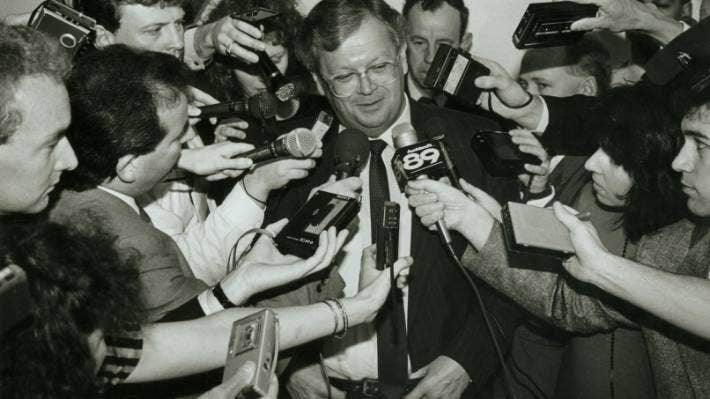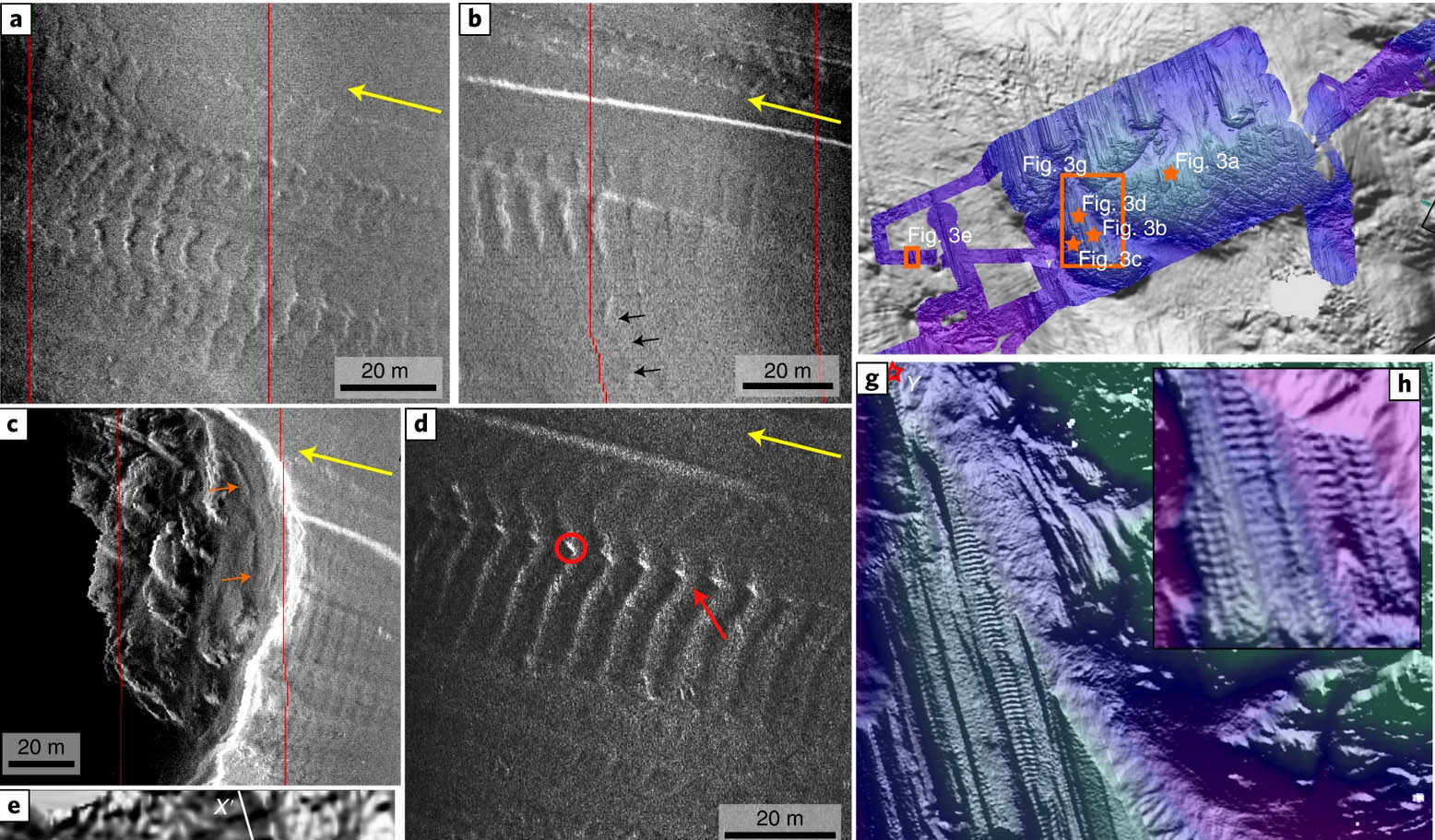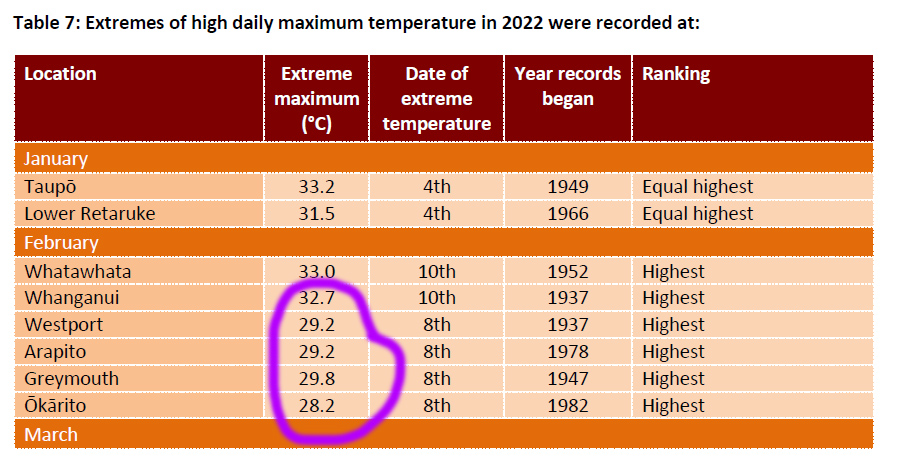
Wellington, Nov 28 NZPA – Five New Zealanders are given no hope of surviving the crash of an Airbus A320 operated by XL Airways of Germany in the Mediterranean today.
One Air New Zealand pilot, three engineers and a Civil Aviation Authority (CAA) inspector were among the seven people on the aircraft, which crashed off Perpignan, in southeast France.
The Airbus was being flown by two XL Airways pilots.
At least three people have been confirmed dead while the four others are missing.
A French journalist said the search for bodies was continuing in the dark despite strong wind and rain.
He said there was no hope of survivors.
“It’s not really clear on what happened…the plane was flying for one hour and a half and suddenly fell down to the sea,” he told Radio New Zealand.

“There was no explosion, it was flying (at) 300m and suddenly fell down into the sea, but no explosion.”
There were many witnesses, and emergency services were quickly at the scene.
The aircraft was believed to be 45m deep in the sea and divers would try and recover the black box tomorrow.
Some wreckage was floating on the surface, but the pieces were “very difficult to find because of the big waves and the dark”.
A surveillance plane, two rescue helicopters and five ships scouring the seas around the crash site about 3km from the shore.
About 20 specialist frogmen were taking part in the operation.
The mood at Air New Zealand and CAA headquarters in Wellington was sombre this morning, as staff waited for news from France.
The aircraft was owned by Air New Zealand and had been on lease to XL Airways for the past two years.

Air New Zealand chief executive Rob Fyfe said it was being flown to Frankfurt, where it was due to be handed back for a ferry flight back to New Zealand.
“Naturally, this is an extremely difficult time for us all and the full resources of the airline are being put into investigating what may have happened and providing support to our people and their families,” he said.
One of CAA’s Wellington staff is thought to be among the missing.
“We believe it could be one of ours’,” spokesman Bill Sommer told NZPA.
“We’re waiting for confirmation, we haven’t gone past the search and rescue stage. We need confirmation.”
The certification engineer was on the trip as part of the process by which aircraft and handed over from the European operator.
The aircraft, wearing Air New Zealand livery, was on a test flight and took off from Perpignan about 5.30am (New Zealand time).
The crash came 29 years to the day that an Air New Zealand DC10 crashed into Mt Erebus, killing all 257 passengers and crew.
Mr Fyfe said today was already a very poignant one for Air New Zealand because of the Erebus tragedy and the anniversary added a new dimension to today’s tragedy.
The Airbus A320 had apparently been undergoing maintenance checks at Perpignan airport before it took off on a test flight.
The aircraft was four years old and when delivered had flown for Freedom Air for about a year before being leased to XL Airways.
It was due back in New Zealand this week.
The pilot was from Auckland and the engineers were from Christchurch and Auckland, Mr Fyfe said.
The pilot was a very experienced captain “which is typically what we want when we are going through one of these acceptance processes. We have our most experienced people ensuring the aircraft is up to Air New Zealand standards.”
Several staff were waiting in Frankfurt, Germany, to take over the aircraft on its flight back to New Zealand.
The jet had been undergoing servicing at EAS Industries in Perpignan and flying circuits for 90 minutes before it crashed, an emergency services spokesman said.
Six French aviation accident investigators and two from Germany were being sent to help an inquiry with experts from the French civil aviation authority (DGAC) and Airbus.
Airbus said it delivered the jet in July 2005 and it had carried out 2800 flights with about 7000 hours of use since then. The constructor gave no details of the accident.
There are about 3700 A320 jets in service with almost 3000 more to be delivered. Air New Zealand own two Airbus aircraft, and lease 10.
Their average age is four years, and they seat about 150 passengers.
A spokesman for Prime Minister John Key said he would hold a press conference early this afternoon in Wellington to talk about the crash.
“This is obviously a tragic situation for the families of the people killed and also for the airline. We are in touch with Air New Zealand and the Civil Aviation Authority.”






